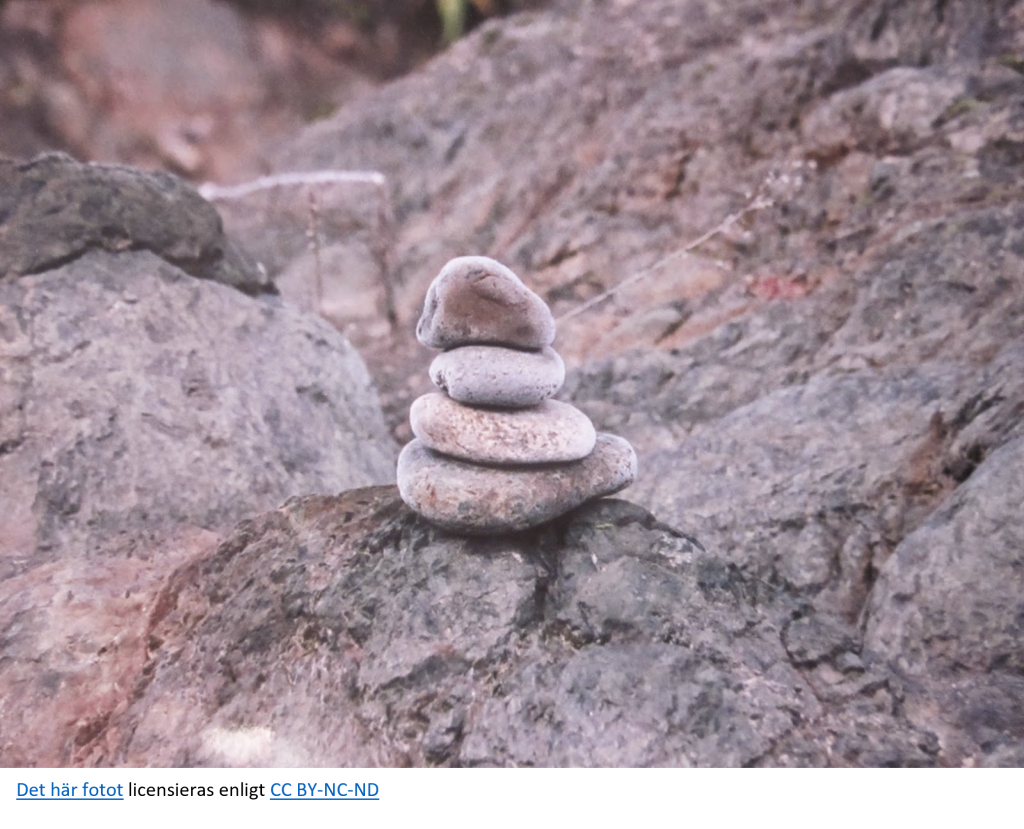In our course book knowledge-building is explained as
a concept that brings together under one umbrella the curiosity-driven inquiry of the young child and the disciplined inquiry and invention of the mature knowledge worker (Scardamlia 2003, see McConnell 2006 s. 20).
A short explanation of knowledge-building is that it is about extending and developing “shared understandings” (McConnell 2006 s. 20). Good to know is that knowledge-building is a concept used together with another concept, knowledge-building community, which is about where knowledge-building can take place.
As I understand the concept knowledge-building it is about (curious) people who develop and extend shared understandings. It can be about trying to find answers together on authentic questions. The importance of authentic questions can here be underlined. When building knowledge, which is authentic, it can be useful immediately “in making sense of” (Scardamalia & Bereiter 2003) the world. In Encyclopedia of Education a definition of knowledge building also states that it can be understood as: “the production and continual improvement of ideas of value to a community […] what the community accomplishes will be greater than the sum of individual contributions and part of broader cultural efforts.” And when “applied to education […] the approach means engaging learners in the full process of knowledge creation” (Scardamalia & Bereiter 2003.)
To engage learners in this way, together and with potential to achieve great things and maybe new knowledge, is an awesome goal. This is also what research groups are supposed to do.

References
McConnell, D. (2006). E-learning groups and communities. London: Open University Press
Scardamalia, M. & Bereiter, C. (2003). Knowledge Building. In Encyclopedia of Education (2nd ed. pp. 1370-1373). New York: MacMillan Reference.
